We all know someone who feels like they need to invest a lot of time and money before starting a new exercise regiment. Before doing that first squat, they need to buy the right shoes, clothes, activity tracker, weight set, and videos. It’s only when they feel like everything is in place that it’s the right time to start exercising. In the meantime, they pass up doing a few pushups, taking a walk, or many other exercises because they aren’t as good as the ideal workout they want to start.
I think the same thing can be said about the prayer life of many of us. We tell ourselves, “I’ll start praying seriously, attend Mass, and go to confession when…” And that when is often some sort of demand — when God gives me better health, when God gives me that job I’m applying for, when God helps me find someone special in my life. We constantly make excuses why now isn’t a good time to start investing in earnest prayer and spirituality. We tell ourselves that we have too much on our plate, we don’t feel well, we don’t know the right things to say, or we haven’t purchased the right prayer book and rosary.
In Learn to Profit From Your Spiritual Trials, Archbishop Luis M. Martinez writes about how any time is the right time for spiritual unity with God. He said:
The best rule for the spiritual life is this: to receive, moment by moment, whatever God sends us and to persevere at all cost with our soul united to God, in spite of all vicissitudes.
I like this idea of taking advantage of the current moment to build a stronger relationship with God. You don’t need to wait for the perfect time because the perfect time doesn’t exist. Bishop Martinez talked about how life is complex and “God affects us with the most varied invitations of grace and the Devil with his ceaseless solicitations to evil.” In other words, in every moment there are opportunities for prayer or excuses for not praying. Waiting for the right moment to start praying could be the Devil trying to lead you away from God’s grace. The Devil wants you to delay prayer until you find the ideal conditions because he knows you’ll never find them.

Your Rosary Meds
Look at the First Joyful Mystery of the Rosary, the Annunciation. By all accounts, Mary was taken by surprise by the Angel Gabriel’s proclamation that she was to be the Mother of God. We can picture many of us, in that same situation, probably thinking how the angel’s announcement couldn’t have come at a worse time. Many of us would come up with a list of excuses and tell the angel that while we’re on board with God’s plan in theory, to come back in a few years when we’re better prepared.
We pray the First Joyful Mystery of the Rosary to ask God for the awareness to take advantage of every opportunity to draw closer to Him in prayer. We need to imitate Mary and accept God’s Will even if His timing doesn’t align with our expectations. We need to ask Him for strength to see past all the excuses and realize that the perfect time for prayer is now. It doesn’t have to be an ideal time and place. It can be a single Rosary decade, meditating on a Gospel passage, or saying a few prayers. They can be said at home, in the car, on a work break, or in bed. A prayer, when said earnestly, makes any time and place an ideal one.
Referring back to my previous article, Jesus took every opportunity to pray even when He found himself in less than ideal situations. In the First Sorrowful Mystery, we think about how Jesus knew His life was going to be taken in the most painful way possible. Many of us, when facing a huge challenge or sorrowful situation often run away from prayer. We do this because we are angry with God for putting us in a difficult situation or we don’t see the situation as an opportunity to build our relationship with God. Bishop Martinez said this:
How many souls think in times of desolation, as I have so often said, that all is lost, and that their spiritual life has gone to ruin! Invariably the exact opposite is the truth. If, in those moments, we would come to see with clarity the value of desolation, perhaps we might even cease to suffer, and then desolation itself would lose, at least to a great extent, its efficacy and worth.
It’s an odd Mobius strip of cause and effect. The best time to grow closer to God through prayer is when we are facing a challenge. Through prayer, that challenge or difficulty might be lessened. The more frequent the prayer, the greater the faith. And with greater faith comes a clearer perspective of life’s challenges and they can become smaller and less daunting.
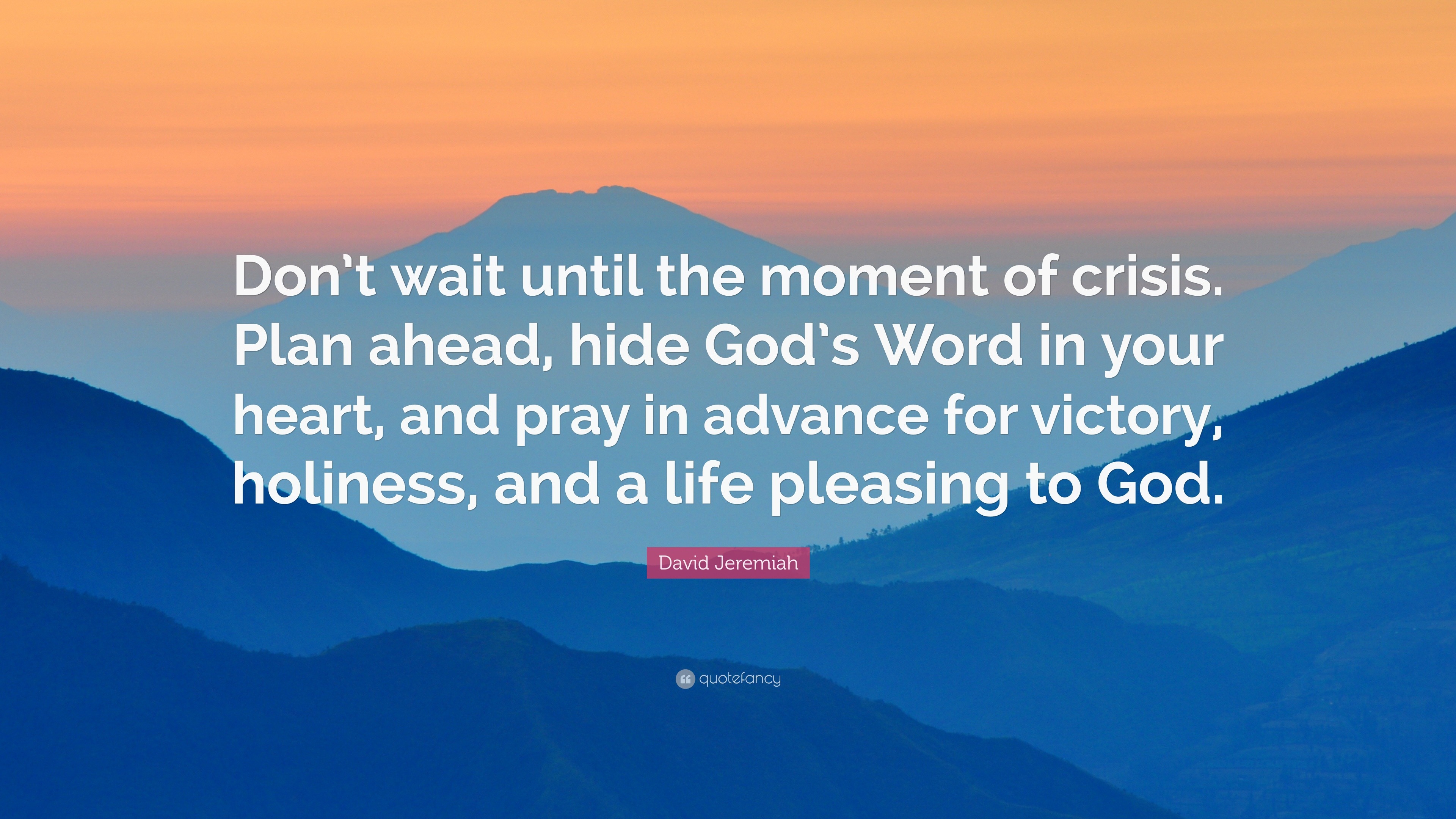
In my life, perspective has been God’s greatest gift to me since I started praying the Rosary. The world around me hasn’t miraculously changed because I started praying the Rosary. But how I see the world has. I think I can better put the events of my life into perspective. I try not to worry about the small inconveniences in life and let them derail me from living how God wants me to live. And I also know that the “big” things in life are ultimately in God’s hands. The more I pray, the better perspective I have and the less life’s challenges worry me.
Not praying or delaying prayer is like wearing a blindfold. Every little inconvenience can be blown out of proportion because you have no sense of perspective. Or you may be blind to the fact that you aren’t living as God wants. Take the blindfold off by praying. You don’t need to wait for the ideal conditions to get started. Any condition can be turned into the ideal condition for prayer if you choose.


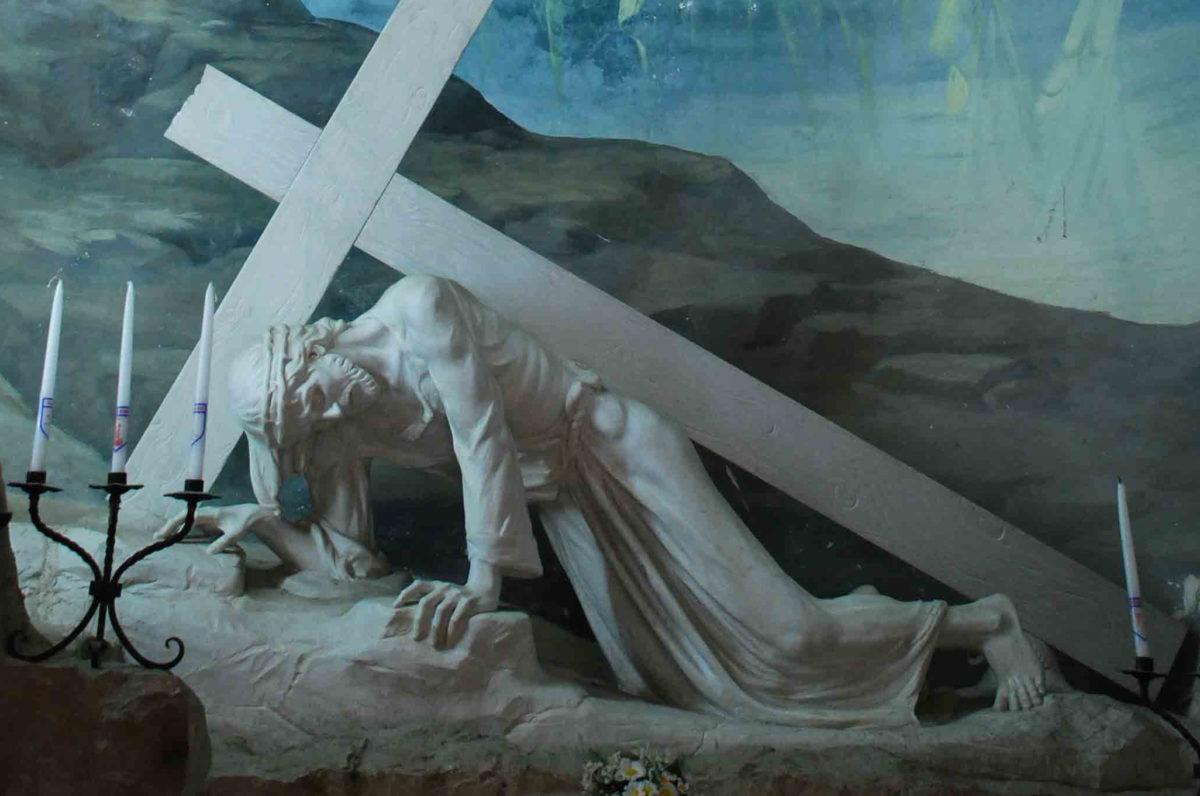





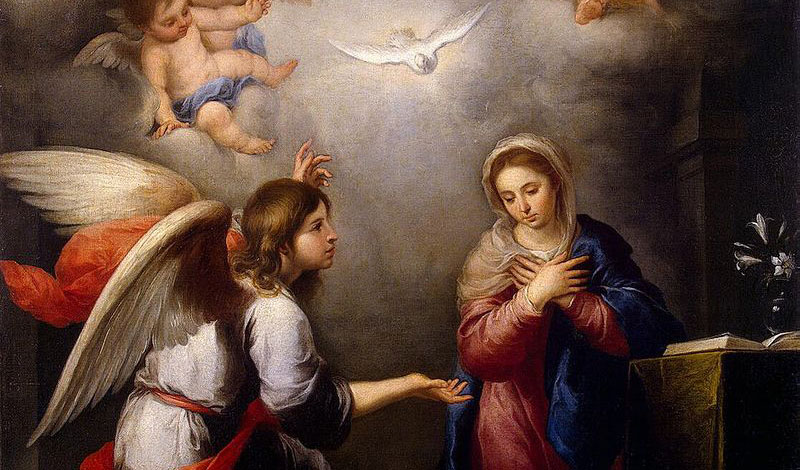
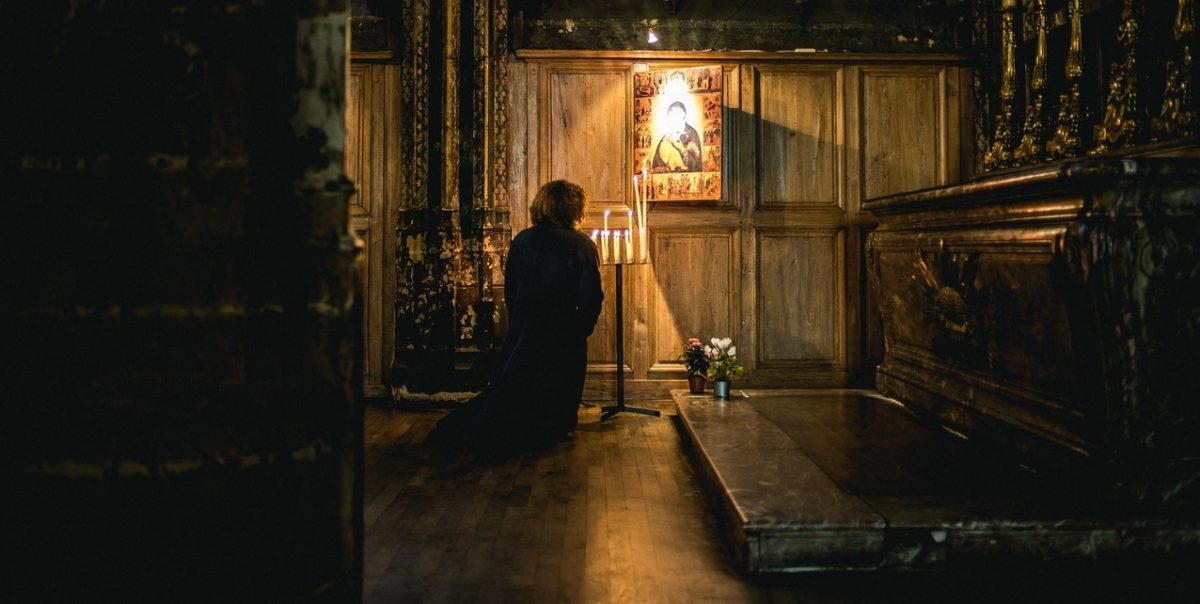




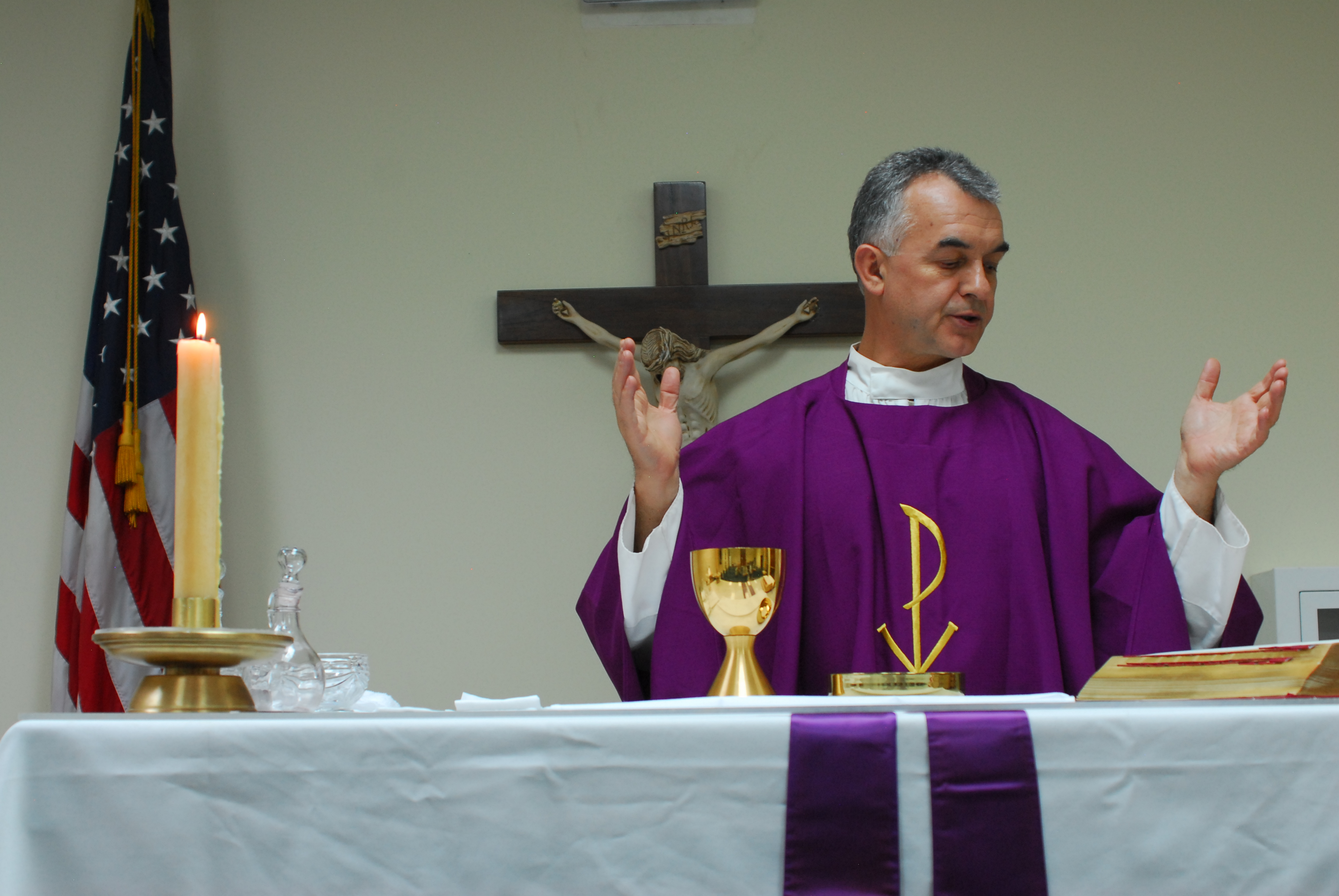


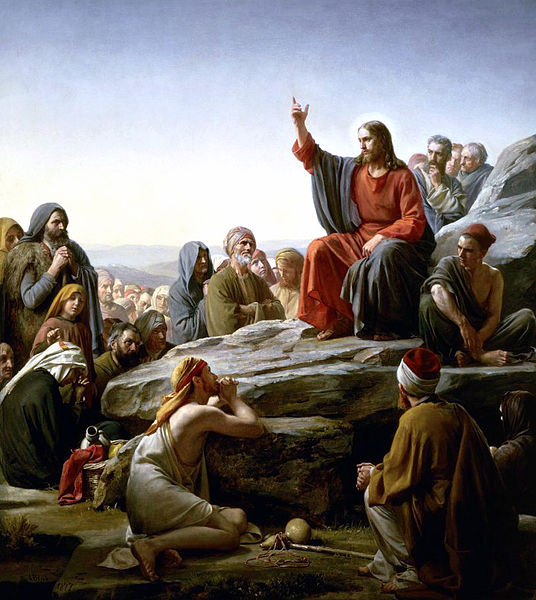
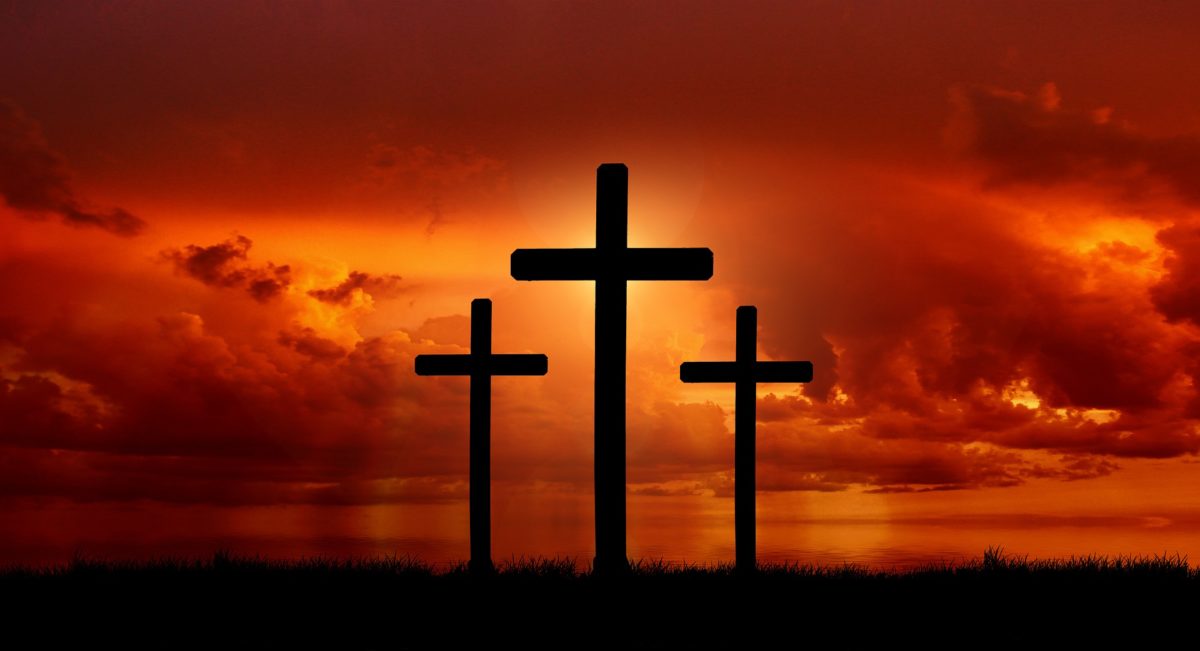


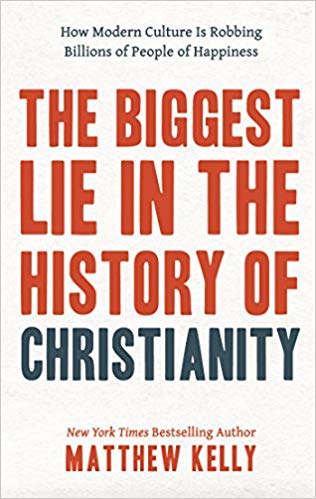
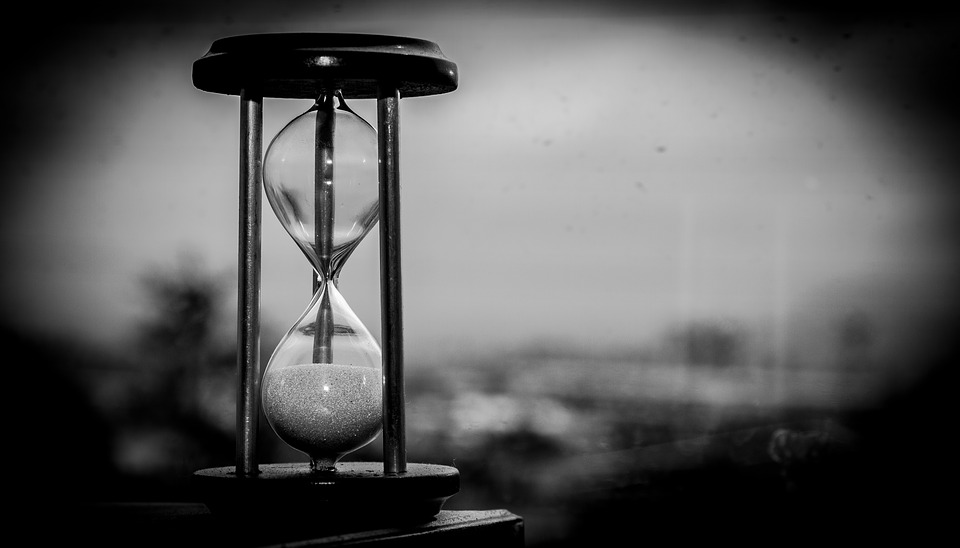

.jpg/501px-Christ_Carrying_the_Cross_(cropped).jpg)